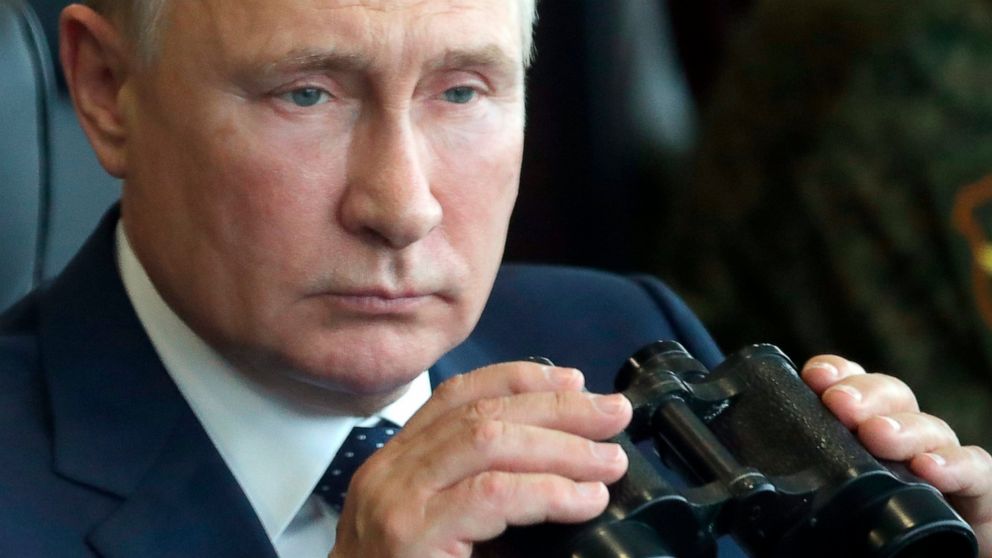Baby boomer
Registered User
- Messages
- 735
Very interesting re Mongols and Japan, thanks. And @Purple too for earlier link. I'd never figured the Mongols as a sea power - thought they were exclusively land based.D Day
156,000 Allied troops by sea and air on five beachheads in Normandy, France.
2nd Mongol Invasion of Japan
Kublai Khan's second invasion fleet was a whole lot bigger than the first one. This time, thanks to his recent defeat of the Song and acquisition of their navy, there were 4,400 ships and around 100,000 men, again a mix of Mongol, Chinese, and Korean warriors.
2nd Persian invasion of Greece
Herodotus, a contemporary writer, put the Persian army strength as one million and went to great pains to describe how they were counted in groups of ten thousand at a review of the troops. Simonides went as far as to put the Persian number at three million. Today, it is considered to have been much smaller. Scholars report various figures ranging between about 100,000 and 150,000 soldiers. (How modern estimates are considered as reliable as Herodotus' count I do not understand)
Every day's a schoolday, as they say.
